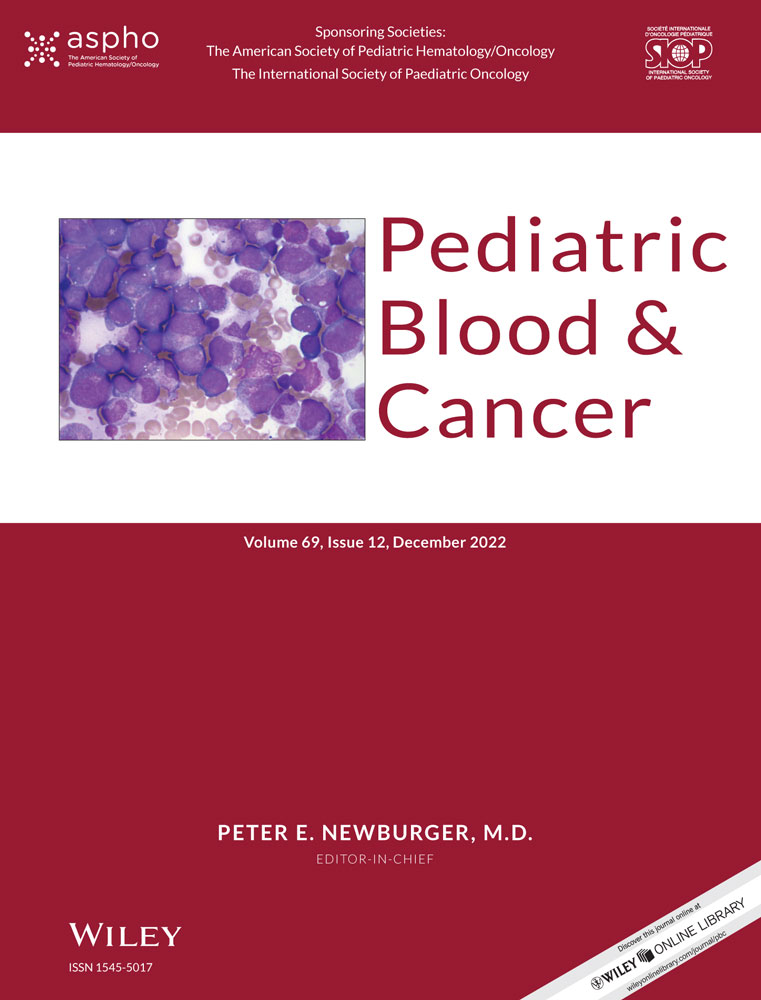Family-centered communication in pediatric sickle cell disease
Previously published as a meeting abstract: Carlson M, Bear B, Alderfer MA, Schultz CL, Pennington Monroe D, Crosby L, Hildenbrand AK. Family-centered communication in pediatric sickle cell disease [abstract]. Journal of Sickle Cell Disease and Hemoglobinopathies. 2021;8:15.
Abstract
Background
Individuals with sickle cell disease (SCD) experience systemic barriers in accessing high-quality care. Research suggests that patient/family–provider relationships are an important indicator of healthcare quality and can influence disease self-management and outcomes. The Patient Centered Communication (PCC) framework holds that patient/family-centered communication (e.g., eliciting, understanding, and validating patients’ perspectives within their unique psychosocial contexts) contributes to improved family–provider relationships, as well as self-efficacy for disease management, adherence, and health outcomes. While the PCC framework has been useful in guiding the evaluation of patient/family–provider communication in other pediatric populations, it has not yet been applied in the context of pediatric SCD. This study aimed to use this framework to examine patient and family perceptions of communication with pediatric SCD healthcare providers.
Procedure
Total 17 caregivers (82% mothers, 94% Black/African American) and eight patients (62% female, aged 13–19 years, M = 16.50) completed semi-structured interviews. The PCC framework informed the development of a preliminary codebook. Thematic content analysis summarized family perspectives regarding communication with providers.
Results
For youth with SCD and their caregivers, specific themes related to family-centered communication included: reducing patient/family distress, supporting disease self-management efforts, facilitating information exchange and decision-making, and fostering positive and trusting relationships with providers.
Conclusions
This study helps to address gaps in the literature related to patient/family–provider communication within pediatric SCD. Results underscore the importance of patient- and family-centered communication across pediatric SCD care. These findings can inform future research and clinical care initiatives to improve patient/family–provider interactions and health outcomes for this underserved population.
CONFLICT OF INTEREST
The authors declare that there is no conflict of interest.




